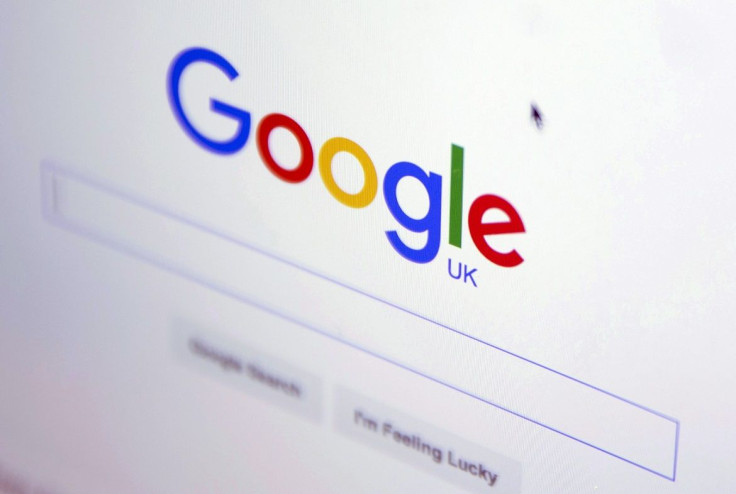Boosting network signal in the UK: Improving mobile signal through extenders

Mobile signal usually goes awry in off-roads and far-flung forests and obscure beaches in the UK, while theoretically it’s always stronger in the city, where industry bigwigs and celebrities usually live. Hence, some people consider getting a booster, or extender, to improve their own mobile’s signal.
However, countries’ rulings on network booster’s legality vary. Some are strict, some aren’t, and in some, this isn’t even an issue. The UK, fortunately, doesn’t belong to the most latter.
Mobile repeaters, as it is termed in the UK, are regulated by communications regulator Ofcom under the Wireless Telegraphy Act of 2006. According to this regulating body, only repeaters — or any apparatus designed to improve a carrier’s network signal — that adheres with the Act’s ruling could be commercialised by a telecom firm. Thus, every repeater must obtain a telegraphy licence even before a carrier can sell it to its consumers.
With that being said, ordinary consumers cannot just build their own repeater and use it at their homes. Repeaters that have not obtained licence from the government are considered illegal items, hence making the act of installing them unlawful, too.
However, it seems like many British people have been looking at this ruling with disdain and triviality. In an article by journalist Paul Ockden on technology and business online magazine Alphr, he described how people simply ignore the law.
"Given [Ofcom's] clear and unambiguous prohibition, I find it amazing that various forums are littered with people discussing their use of repeaters within their homes and small offices, some even posting photos of how they’ve installed the kit. They might as well post a picture of a £5,000 (AU$9,500) cheque made payable to HM Court Services,” he wrote.
To be fair with the UK government, the country’s Internet is among the strongest and fastest in the world. The UK takes the 13th place, juxtaposed with other 190 countries in the world on State of the Internet 2016 report. The nation is averaging at 13 Mbps, just 7 Mbps off current leader South Korea’s 20.5 Mbps, and a little ahead of the United States’ 12.6 Mbps.
However, this doesn’t mean that the UK does not have Internet-related problems. This explains why network carriers themselves peddle their own brand of repeaters, as they know their 4G power won’t always have its promised speed in some places, say in the cellar, or on a condominium floor surrounded by taller spires in all four corners.
This technological imperfection has also become a clear target for network enhancer innovations outside the country. The US-based firm 5BARz International , for instance, is also mulling over introducing its plug-and-play device to the United Kingdom and the rest of Europe chiefly after proving that, in a big way, it could help telcos with their revolutionary product.
“We not only look at countries like India, which has been suffering from call drop problem and dismal Internet speed, but also super-economies that deal with smaller network problems, too. What we could do for the telcos is a big relief for them and a boost on their brand reputation,” company CEO Daniel Bland said.
Avoiding confinement time and penalty without succumbing to a carrier’s underperforming booster is still possible nonetheless.
Ofcom has some leeway on doing such. It said that instead of resorting to fake or illegal boosters from your local arcade, you can utilise Voice over IP (VoIP) services to make and receive calls from a black spot. Nevertheless, users will still need a wireless network or a separate VoIP app (Skype, WePhone, Truphone et cetera) to make it work. But this is all about making calls. Browsing the Web, though, means users still have to get a legit repeater compatible with your network.
So there are three sane solutions: first, users should transfer to a better network, say EE, which remains the best-performing and fastest network in the UK region today; or transfer to Three, which is voted by RootMetrics as the most reliable network today; or simply avoid O2, allegedly the worst of them all as of the moment.






